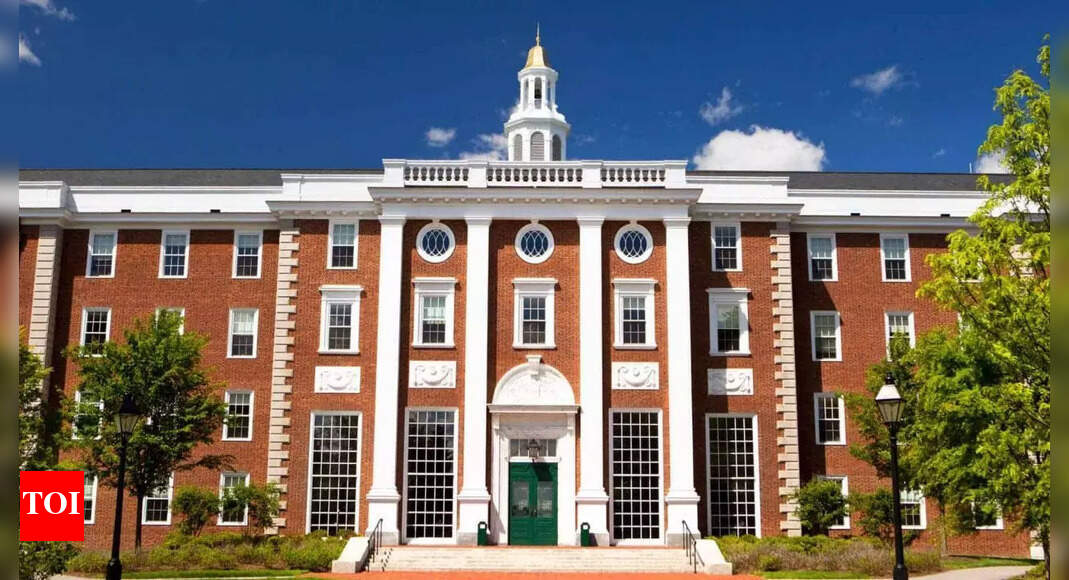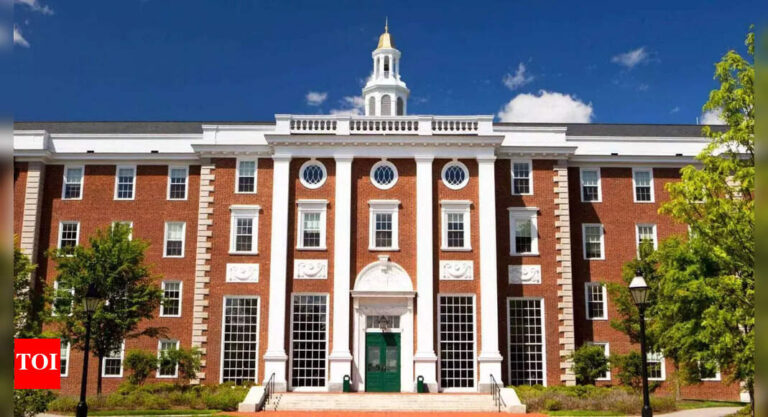
Harvard University, long regarded as a global epicenter of academic research, now finds itself at an unexpected impasse. With nearly $2.6 billion in federal research funding withdrawn, entire laboratories have ground to a halt, leaving promising breakthroughs in limbo, as reported by the Associated Press. Cryogenic freezers preserve years of blood samples and data collected from millions of US veterans, yet these high-value repositories now serve as frozen relics of a once-thriving research engine.This funding collapse has frozen critical work on neurodegenerative diseases, opioid addiction, cancer, and mental health. The abrupt withdrawal is not due to failed science or academic shortcomings but is rather the fallout of a bitter standoff between Harvard and the federal government, a conflict that transcends laboratories and enters the politically fraught arena of institutional autonomy and ideological governance.
Political fault lines behind the collapse
The impasse stems from a months-long dispute between the university and the Trump administration, triggered by a federal antisemitism task force’s sweeping demands. These included changes to academic programs, protest regulations, and admissions policies, all aimed at addressing what the government characterized as a culture of liberal overreach and alleged tolerance for anti-Jewish harassment.When Harvard refused to capitulate in full, it was met with a sweeping freeze on federal research grants. The university responded with a federal lawsuit, accusing the government of retaliatory actions that had no material connection to the stated objectives of curbing antisemitism. While Harvard reiterated its commitment to combating discrimination, it also asserted its constitutional right to institutional independence.In this struggle, research became collateral damage. Laboratories went dark. Prominent scientists laid off junior colleagues. Promising lines of inquiry were shelved indefinitely, with little assurance that they would ever resume.
Lost time, lost progress
For researchers at Harvard’s T.H. Chan School of Public Health, the freeze represents not just a pause but potentially an irreversible rupture. Years of work on chronic illness, mental health disparities, and public health policy now hang in uncertainty. The cancellation of nearly 200 grants has impacted over 130 scientists in just one school.Delayed research is not easily resumed. Projects reliant on long-term cohort studies, fresh lab work, or continuous funding cycles are uniquely vulnerable. Even a short lapse can trigger cascading consequences, missed publication deadlines, broken collaborations, and the dissipation of intellectual momentum built over decades.In one case, grants supporting exploration of school segregation’s link to heart health, the mental health impact of pandemic-era policies across 250 counties, and neighborhood-level factors contributing to dementia were all terminated simultaneously. These studies, rooted in vast datasets and multi-year fieldwork, may never fully recover.
Harvard’s stopgap measures fall short
In response to the crisis, Harvard has pledged $250 million in internal funding to sustain research activity. But this emergency funding, while significant, is a fraction of the financial void left by the federal withdrawal. Departments have been forced to triage which projects can survive the cut, and which must be abandoned.Programs once geared toward training the next generation of scientific leaders—particularly doctoral and post-doctoral initiatives—have borne the brunt of the collapse. The university’s capacity to attract global talent and maintain its edge in scientific innovation now faces long-term erosion.The situation is further complicated by the unpredictability of political compromise. Even if the legal battle ends in Harvard’s favor or a settlement is reached, it remains unclear how quickly, if at all, federal funds would be restored. The longer the impasse, the more irretrievable the damage.
A national research model under threat
This funding freeze is not an isolated episode, it underscores a tectonic shift in the government-university relationship that has defined American scientific preeminence for nearly a century. The implicit partnership, in which federal agencies supplied steady research capital in exchange for innovation and global leadership, now appears fractured.The incident also sends a broader signal to academic institutions nationwide. If research funding becomes a bargaining chip in ideological disputes, the chilling effect on inquiry, collaboration, and international academic engagement could be profound. Already, scholars note a growing difficulty in securing NIH grants and an uncertain future for international scholars reliant on federal support.This is not simply a Harvard problem; it is a national concern with global implications. The cumulative impact of stalled research, lost talent, and institutional destabilization could cost the United States its long-held status as the world’s scientific vanguard.
The future of American innovation at a crossroads
As Harvard fights for its independence, a broader question looms: Can scientific institutions maintain their integrity and mission when research itself is politicized? The current freeze risks not just a temporary stalling of discovery, but a more permanent dislocation of trust between government and academia.At stake is more than prestige or funding. It is the knowledge yet to be discovered, the diseases yet to be cured, and the lives yet to be improved. Harvard’s frozen samples and shuttered labs are not just a symbol of halted progress, they are a warning of what may be lost when ideology overtakes inquiry.







